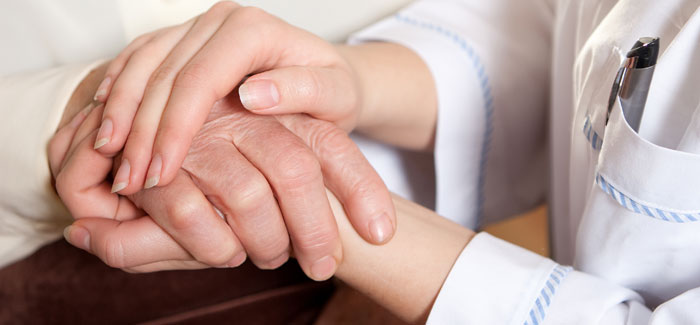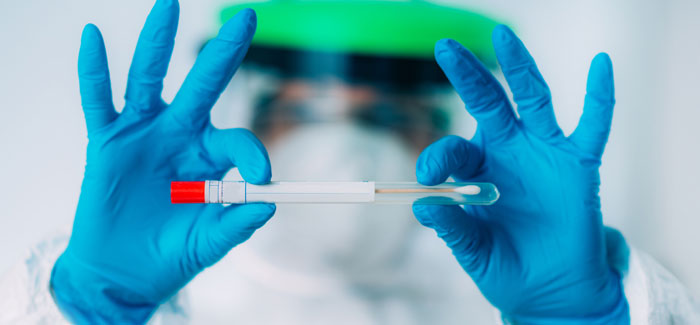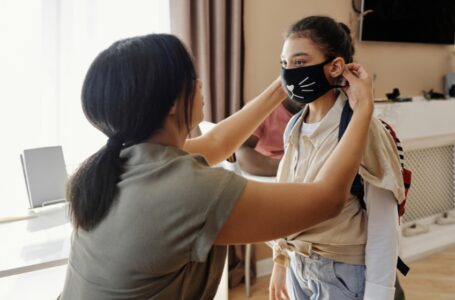China on a PR campaign to mask damage from coronavirus
In the latest COVID-19 global crisis, we have been seeing China doing its best to manage the crisis. China has put its PR machinery to work actively to repair the reputational damages caused by the coronavirus outbreak.
The effects of the virus have started to become more manageable in China. However, in many parts of the world, the virus is still growing and spreading at an exponential rate, putting a lot of pressure on the healthcare systems and the economy. Countries like Italy, The United States, The United Kingdom, France, and Spain are still witnessing new cases almost every hour. The current global count has surpassed 1.4 million and more than 82,000 deaths.
Damage control efforts by China

China’s main focus right now is to come out as an expert on how to handle the virus and overcoming it. China is sending out mercy missions and consignments of necessary medical equipment to countries that are still trying to tackle the coronavirus problem on their home grounds. However, critics from all around the globe have come forward to call out the country’s initial approach towards downplaying the effects of the virus. They are blaming the Chinese Communist Party and the government for hushing up the potential threat of this contagious virus, giving the world no window to prepare themselves.
China has been sending Personal Protective Equipment (PPE) to various countries like Pakistan, Cambodia, France, Italy, Indonesia, Canada, etc., as a part of its global outreach efforts. This move at this point comes not only as a humanitarian move but also as a corrective step taken towards rebuilding its reputation.
In addition to these efforts, the Chinese telco company Huawei has also made donations for PPE procurement in New York. Political scientist and an expert on China at the University of New South Wales and Australian Defence Force Academy, Miss Pichamon Yeophantong says that these efforts are to improve the reputation of China round the globe. She also goes on to mention that in this time of crisis, China has to prove its ability to meet the global dependency on supply chains that it has. Since the virus originated in China, and the government had suppressed all information before it reached a pandemic level, it is imperative that the country at least actively contributes towards the containment efforts of coronavirus.
If they do not step in now, they could potentially jeopardise their trade relations with several other countries, which will affect their economic growth tremendously.
World views on the outbreak
The Australian political community has been raising questions and reconsidering their economic ties with China. They have been slamming the Chinese Communist Party for trying to cover up the news of the potential outbreak of coronavirus.

The European Union leaders are also trying to keep a clean slate when it comes to Beijing’s efforts at taking a dig at the EU. The message from Mr Josep Borrell Fontelles, the vice-president is clear, is that the people of the EU should be aware of the facts and not be influenced by what the Chinese media are saying. He has gone on to bring forth the details of the aid that Europe had sent to China during its initial breakout in Wuhan and then when it spread throughout the entire country. Last month several countries, like the Netherlands, Turkey, and Spain, had returned more than half of the shipments of testing kits and protective gear that China had sent them. Whether as aid or through bulk procurement, it was claimed that most of these items were below the standard or faulty. This opened up a whole new conversation on the authenticity of aid coming from China.
To this, China has responded by saying that they are only extending a helping hand in this difficult time, and have asked the rest of the world to not make it a political issue. This may come across as another PR campaign by China to save its reputation. France has announced that they will maintain their solidarity to the EU by producing masks and gears on their home ground rather than importing them to meet their needs.
Dr Yeophantong has correctly identified the current global scenario, by highlighting that in case of any pandemic, the true nature of government alliances come to the surface. It is normal that there will be different global narratives on whose fault it is and how it could have been handled. Whether it is the differences between the countries of the EU, or Australia rethinking its trade relations with China, it is only a matter of time that countries will be able to establish their positions depending on how they tackle the COVID-19 pandemic.





